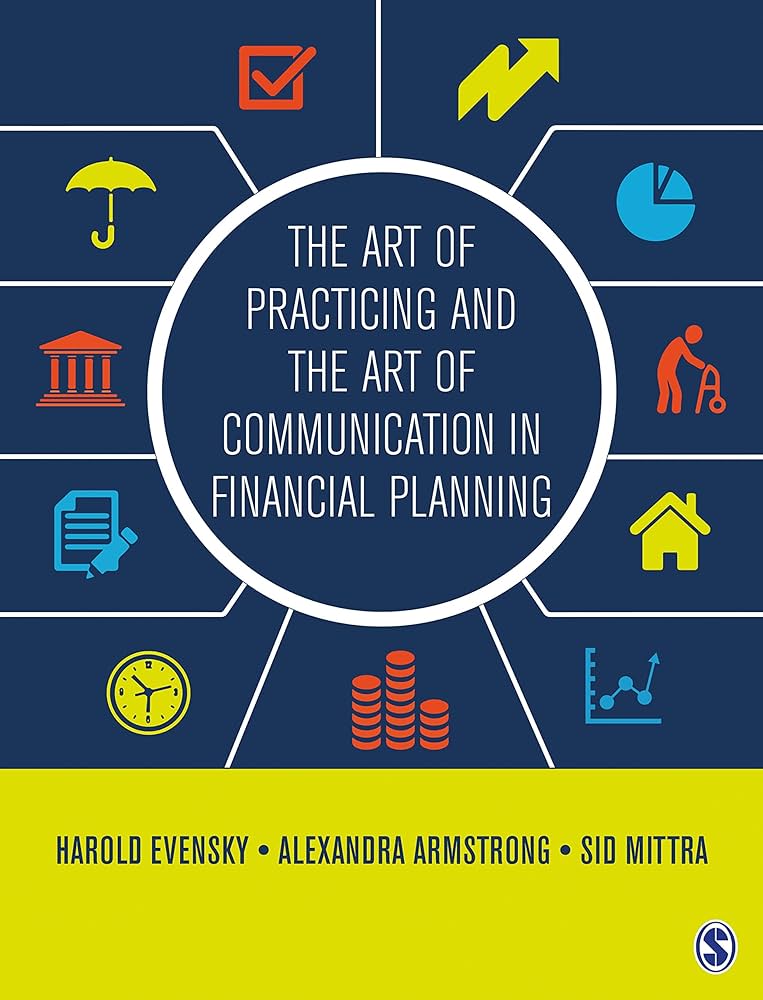Finding the Right Financial Advisor Near You
Let me tell you a bit about my journey to find the right financial advisor in my area. It felt a bit like looking for a needle in a haystack at first, considering how many options are out there. But, I knew it was crucial to find someone I could trust with my financial future. It’s more than just handing over your investment portfolio; it’s about building a relationship with someone who understands your financial goals and how to get you there. So, in my search for the perfect financial advisor near me, I discovered some invaluable tips and insights that made all the difference. Now, I’m here to share them with you, hoping you’ll find that perfect financial advisor who’s just around the corner, waiting to help you secure your financial future.
Understanding Types of Financial Advisors
When it comes to managing money, the truth is, doing it all on my own can be a bit daunting. That’s where a financial advisor comes into play. But not all advisors are created equal, and it’s crucial to understand the differences before choosing one.
Robo-advisors vs. human advisors
First off, there’s a significant distinction between robo-advisors and human advisors. Robo-advisors are automated, algorithm-based platforms that provide investment management services. They’re cost-effective and great for setting up a basic, diversified portfolio. On the other hand, human advisors offer a personal touch. They understand nuances in behavior, can provide custom advice, and are there to talk through complex financial decisions. For someone who values face-to-face interaction and has a more complex financial situation, a human advisor might be the way to go.
Fee-only vs. commission-based advisors
Then there’s the matter of how advisors get paid. Fee-only advisors charge you directly for their services, which might be through an hourly rate, a flat fee, or a percentage of the assets under management. This model minimizes conflicts of interest since their only compensation comes from you. Commission-based advisors, however, earn money through commissions on the products they sell or recommend. This doesn’t necessarily mean they’ll give bad advice, but it’s something to be mindful of due to the potential for a conflict of interest.
The importance of fiduciary duty
Finally, understanding whether an advisor holds a fiduciary duty is key. This means they are legally obligated to act in your best interest. Not all financial advisors are fiduciaries, so it’s something to specifically look out for during your search.
Identifying Your Financial Needs
Before I even start looking for a financial advisor, it’s important for me to understand what I’m looking to achieve with their help.
Short-term vs. long-term financial planning
Are my goals short-term, like saving for a vacation or an emergency fund, or more long-term, such as retirement or purchasing a home? Some advisors might specialize in one over the other, so knowing my timeline can help narrow down my search.
Specialized financial advice (retirement, estate planning, tax planning)
If I need specialized advice, like for retirement or estate planning, then not just any advisor will do. Some have specific expertise in these areas, and that’s the kind I’d need to look for to get the most out of their services.
Investment management needs
And what about my investment strategy? Do I prefer a hands-off approach, trusting my advisor to make all the decisions, or do I want to be more involved? My preference here will play a significant role in who I decide to work with.

This image is property of images.pexels.com.
Starting Your Search for a Financial Advisor
Once I’ve got a handle on my needs, it’s time to start the actual search for a financial advisor.
Utilizing financial advisor networks
There are networks and organizations that list financial advisors. These can be a great starting point to find advisors who are vetted and meet certain professional standards.
Asking for referrals from family and friends
One of the best methods, in my opinion, is asking friends and family for referrals. If someone I trust has had a great experience with their advisor, there’s a good chance I might too.
Online search and reviews
Doing a simple “financial advisors near me” search can yield plenty of results. From there, I can read online reviews to get a sense of what other clients have experienced.
Checking Credentials and Certifications
Once I’ve found some promising candidates, it’s time to dig a bit deeper into their qualifications.
Understanding advisor certifications (CFP, ChFC, CPA, etc.)
Certain certifications, like Certified Financial Planner (CFP) or Chartered Financial Consultant (ChFC), can indicate a high level of expertise and a commitment to professionalism in the field.
Checking for regulatory compliance and disciplinary actions
It’s also smart to check if they’re in good standing with regulatory bodies and if they have any disciplinary actions against them. This can be done through various financial regulatory authority websites.
Verifying educational background and experience
And don’t forget to look into their educational background and professional experience. It gives me a clearer picture of their qualifications and whether they’re a good fit for my financial needs.

This image is property of images.pexels.com.
Evaluating Advisors’ Areas of Expertise
With all the technical checks out of the way, I need to make sure their expertise aligns with my goals.
Matching advisor expertise to your financial goals
If my primary concern is retirement planning, an advisor with a strong background in this area will be more beneficial than one whose expertise lies in risk management, for example.
The benefit of specialized advisors for complex needs
For those with more complex financial situations, a specialized advisor can offer tailored advice that a generalist might not be able to provide.
Diverse investment strategies and philosophies
Understanding an advisor’s investment philosophy is also important. It should align with my own risk tolerance and investment goals to ensure a compatible partnership.
Understanding Fee Structures and Costs
No one likes to be surprised by fees, so understanding how an advisor gets paid is critical.
Fee-only versus commission-based compensation
I’ve already touched on the difference between fee-only and commission-based advisors, but it’s worth reiterating. Knowing how an advisor is compensated can help me understand potential biases in the advice they provide.
Typical fee structures (percentage of assets, hourly fees, retainer fees)
Familiarizing myself with common fee structures, such as a percentage of assets under management or hourly fees, allows me to compare costs more effectively.
Additional costs (fund fees, transaction fees)
I also need to be aware of any additional costs, like fund fees or transaction fees, that could eat into my investments over time.

This image is property of images.pexels.com.
Scheduling Consultations with Potential Advisors
Before making any decisions, consulting with the advisors I’m considering is a must.
Preparing questions in advance
Coming prepared with a list of questions helps me stay focused and ensures I cover all the bases during these consultations.
What to expect during the first meeting
In the first meeting, I can expect to discuss my financial goals, risk tolerance, and get a feel for how they can help me achieve my financial objectives.
Assessing compatibility and communication style
It’s also a chance to assess if we’re a good fit personally. Their approach and communication style are just as important as their expertise.
Reviewing Advisor Contracts and Agreements
If I’m leaning towards working with a particular advisor, it’s time to review the fine print.
Important contract clauses and what they mean
Understanding every clause in the contract, such as termination conditions and the scope of services provided, ensures there are no surprises later on.
Termination conditions and exit fees
It’s particularly important to understand how to terminate the agreement if things aren’t working out, including any potential exit fees.
Understanding the scope of services provided
Finally, ensuring the contract clearly outlines the services provided helps set clear expectations for the relationship.
Making Your Decision
After all this, it’s time to make a decision.
Weighing pros and cons of each advisor
I take the time to weigh the pros and cons of each advisor, considering their fee structure, expertise, and how well we meshed during our consultations.
Trust and relationship as key factors
Ultimately, the decision often comes down to trust and the potential for a strong, long-term relationship.
Considering the long-term partnership
Since this is someone I’ll potentially be working with for years, considering the long-term impact of my choice is crucial.
Dealing with Unsatisfactory Advice or Relationships
Even with careful selection, it’s possible that the relationship may not work out as expected.
Identifying red flags in financial advice
Being vigilant for red flags, like pushy behavior or advice that doesn’t align with my goals, is important.
Negotiating changes in services or fees
If there are issues, I try to negotiate changes before deciding to part ways. Sometimes, a simple conversation can resolve concerns.
Knowing when and how to switch advisors
However, if my concerns aren’t addressed, knowing how to properly switch advisors ensures I can continue working towards my financial goals without major disruptions.
Choosing the right financial advisor is no small task, but taking the time to do thorough research and evaluations can lead to a rewarding partnership that helps me achieve my financial goals.






